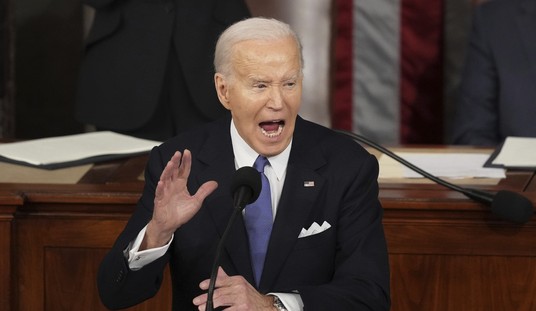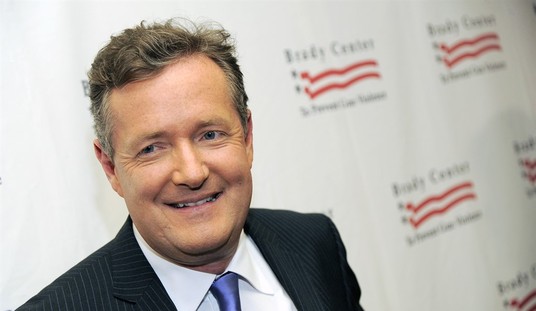Pawnbroker missionaries? Read "Noxious or neighborly" in WORLD’s current issue, and then ask: Should a few evangelicals boldly go where no Christian, according to some thinkers, belongs?
Theologians have debated for centuries whether the Old Testament opposes interest on loans generally, or only loans to impoverished Israelites. They have debated whether usury is charging any interest, or interest beyond percentages that take into account the cost of doing business with a moderate profit. They have debated whether ancient Israel's civil law applies to different places and times, and whether Christ's parables legitimize charging interest.
Facing a variety of positions based on different Bible verses, American ministers have generally approved the charging of some interest. City and state officials, instead of banning pawnshops, have regulated them in line with advice from the seminal free market advocate, Adam Smith, author of The Wealth of Nations (1776). Smith's Christian beliefs led him to oppose exploitation of "prodigals" but hoped "sober people" would be financially motivated to loan money and make a small profit.
Given costs involved in making small loans, Smith would probably approve of New York's 4 percent per month maximum, but not the 20 percent allowed in Texas on typical loans of $150, let alone Florida's 25 percent or North Carolina's 30 percent. (Loans typically last up to four months.) High rates, though, provide Christians with the opportunity to create "benevolent pawnshops," as our 19th-century predecessors did.
The New York Times in 1894 reported on the most famous one, the Provident Loan Society of New York City. Pawners who used it, the Times said, "want some assistance, without being willing to accept charity." Provident's 1894 annual report called its customers "a self-respecting class anxious to preserve their self-respect by borrowing on a business basis rather than by applying for charity, and undoubtedly the self-respect of many has been preserved by the aid thus extended to them."
Recommended
Provident charged an interest rate "fixed just high enough to cover the expenses connected with the keeping of the pledges and the regular running expenses (including a moderate return on the required capital)." Cornelius Vanderbilt and J.P. Morgan donated funds, and Theodore Dreiser, when evicted from his room for non-payment, pawned his watch for $25: He bought shoes, a hat, and a hotel room, and later wrote Sister Carrie and An American Tragedy.
By 1919 Provident had 12 branches; in 1962, it had 17. But Provident's theological base weakened during the second half of the 20th century. Now, only five branches remain, doing good by offering an interest rate slightly over 2 percent per month rather than the New York legal limit of 4 percent, but not offering what some who are poor need more than money: the sympathetic ear of a person ready to propose spiritual help and not just a quick financial fix.
With monthly interest rates at 20--30 percent in some Southern states that also have strong evangelical churches, it would be great to see some "benevolent pawnshops," to use the 19th-century expression, offering 3--4 percent and still making a living for some Christian entrepreneurs. They could make a huge difference economically and spiritually for individuals experiencing hard times.
Is this trip worth taking? Why not just teach people to stick with banks and credit cards? Maybe: If men were angels government would be unnecessary, as James Madison wrote, and if all people were financially wiser, pawnshops would be largely unnecessary. Yet, in this fallen world many do not save well, and some face unanticipated bills.
At that point they now have several choices. Some carry balances on their credit cards, with interest compounding and finance charges lurking. Others borrow money in other ways, don't pay what they owe, and end up in the hands of collection agencies, with ruined credit ratings. In comparison, those who pawn goods may never get them back, but the damage stops there.
Variants on pawnshops such as "payday loan" and "title loan" shops can be predatory, with desperate or mentally deficient folks losing their cars and getting little in return. A Christian-run pawnshop, operating on biblical principles, would be a great improvement. Missionary strategists speak of the 10/40 window, referring to regions 10-40 degrees north of the equator that need evangelism. Let's not forget the 20-30 percent window: States where pawnshops charge that much in monthly interest offer opportunities for benevolence.

























Join the conversation as a VIP Member